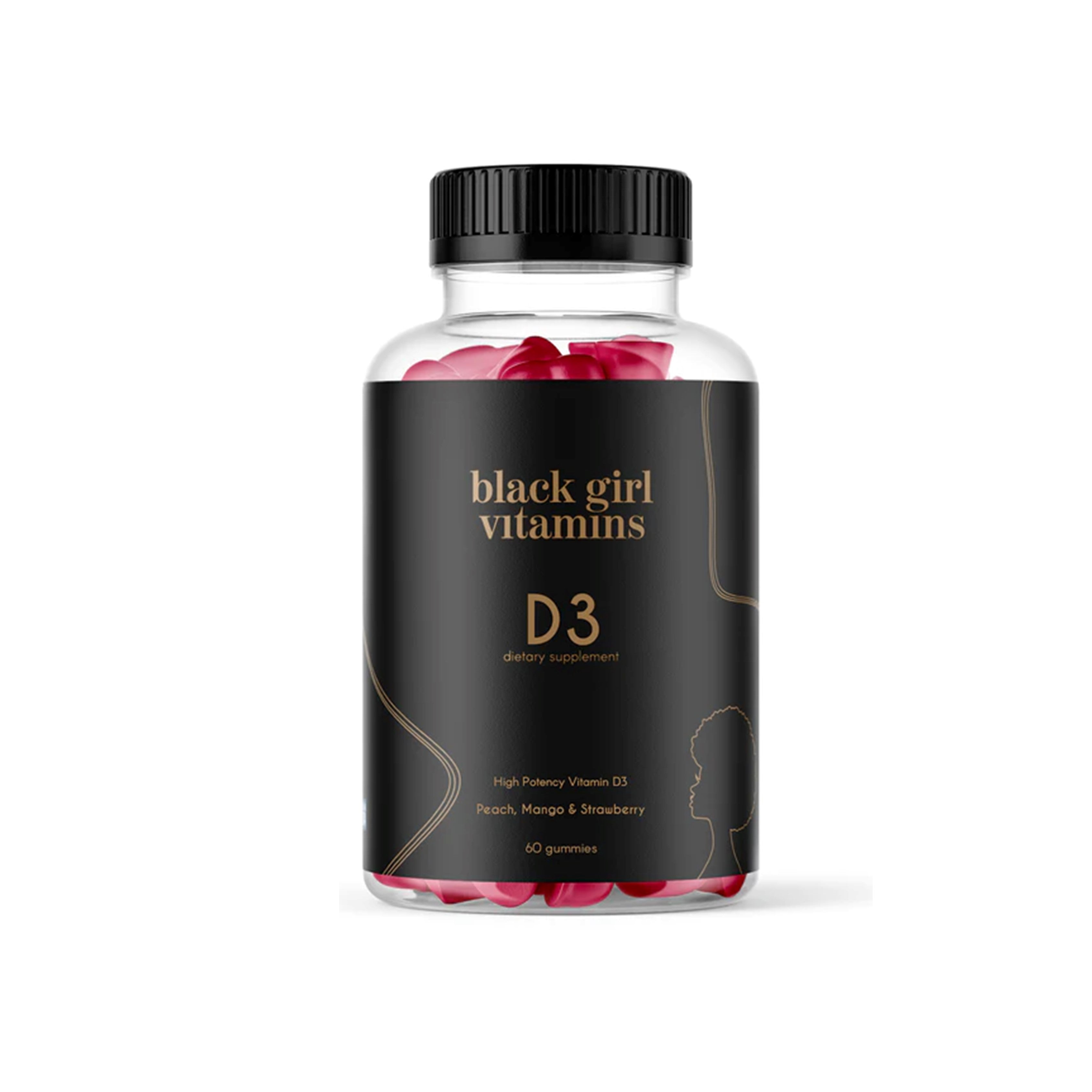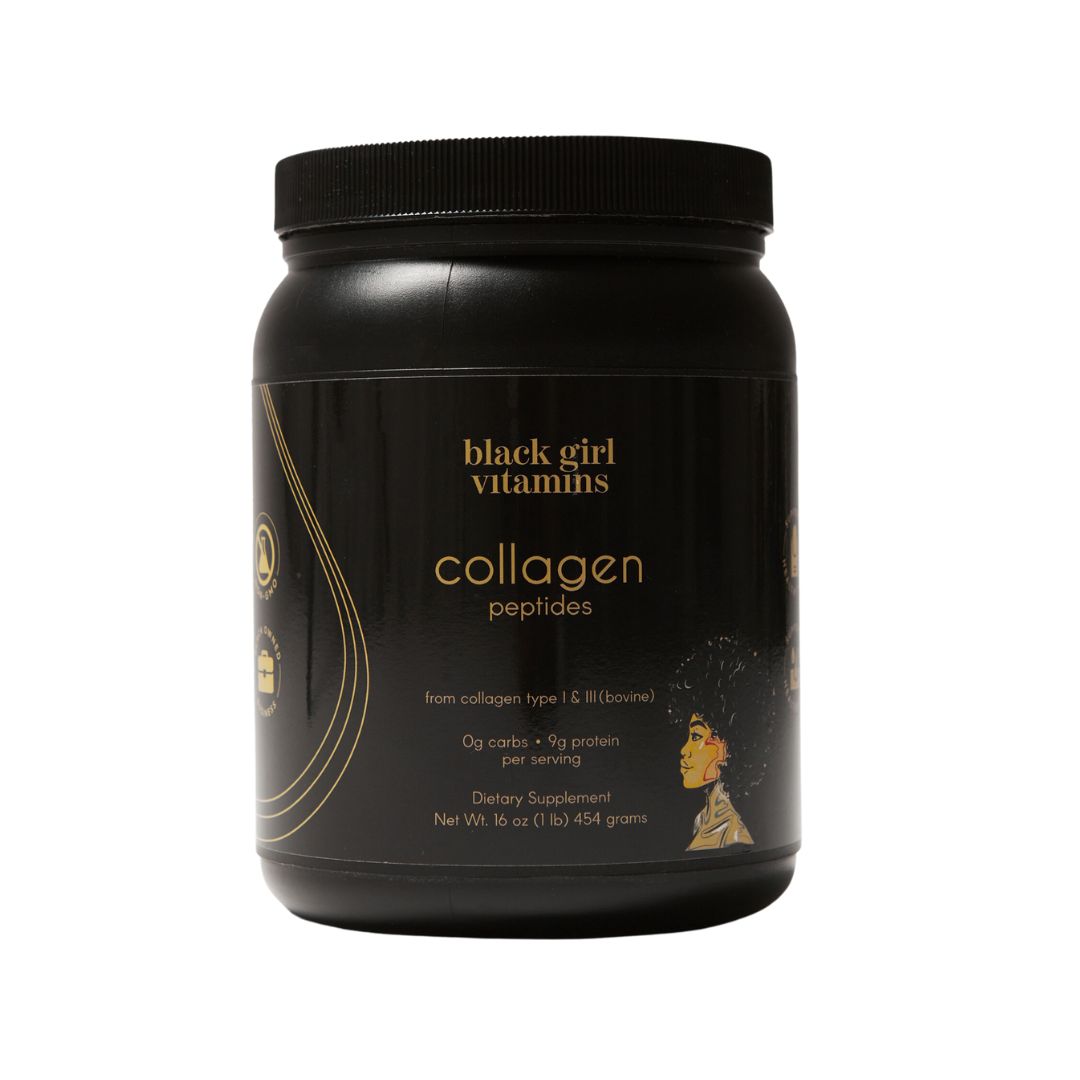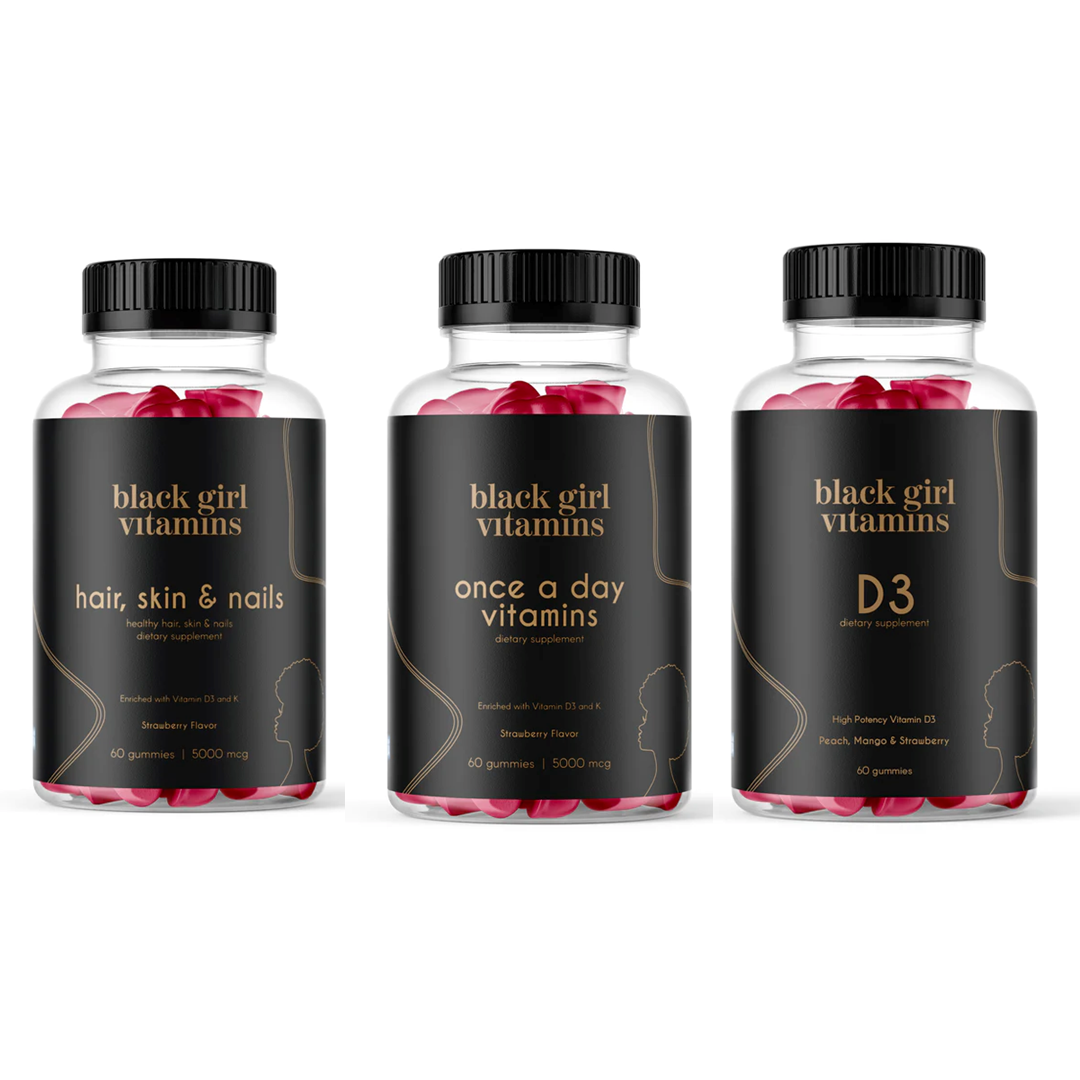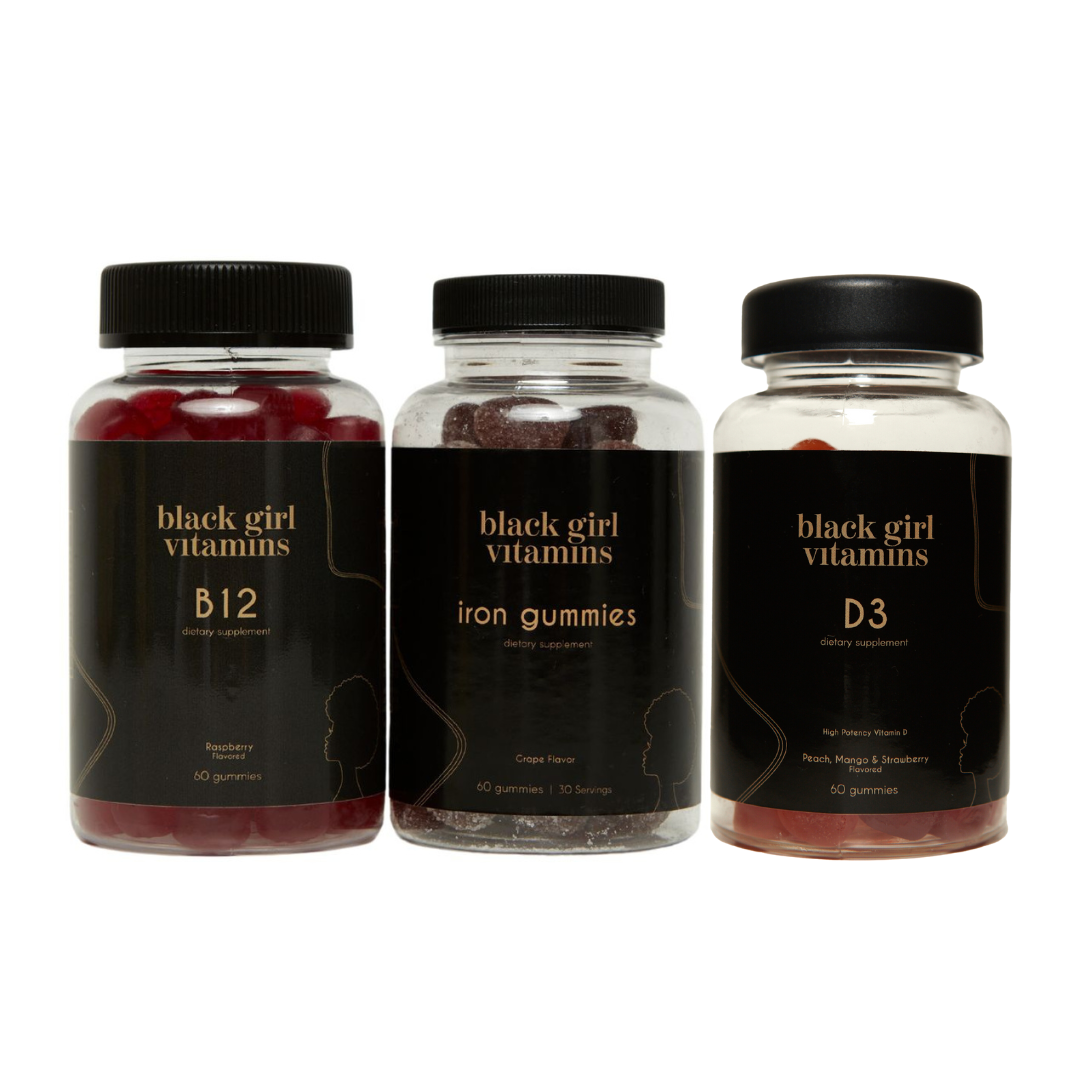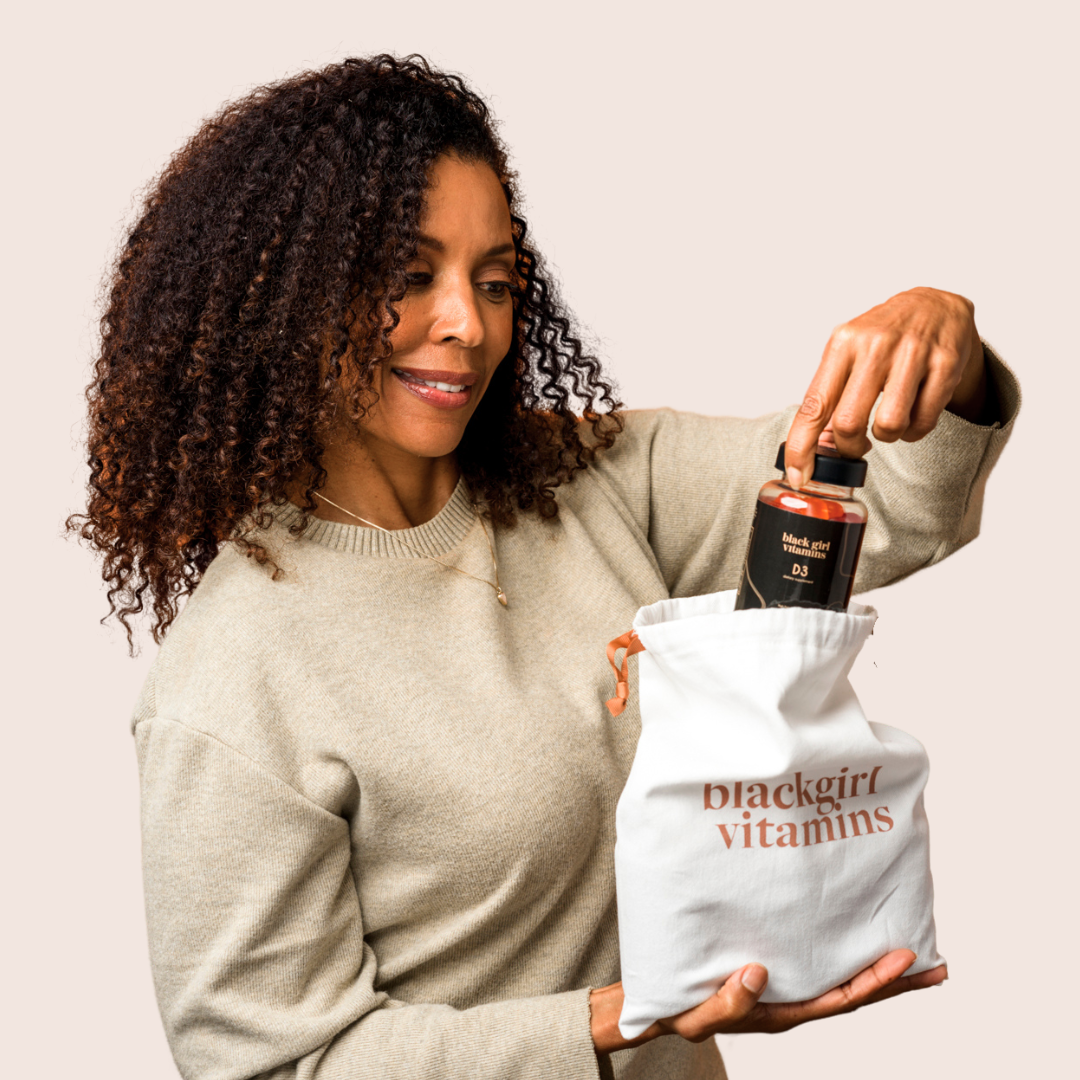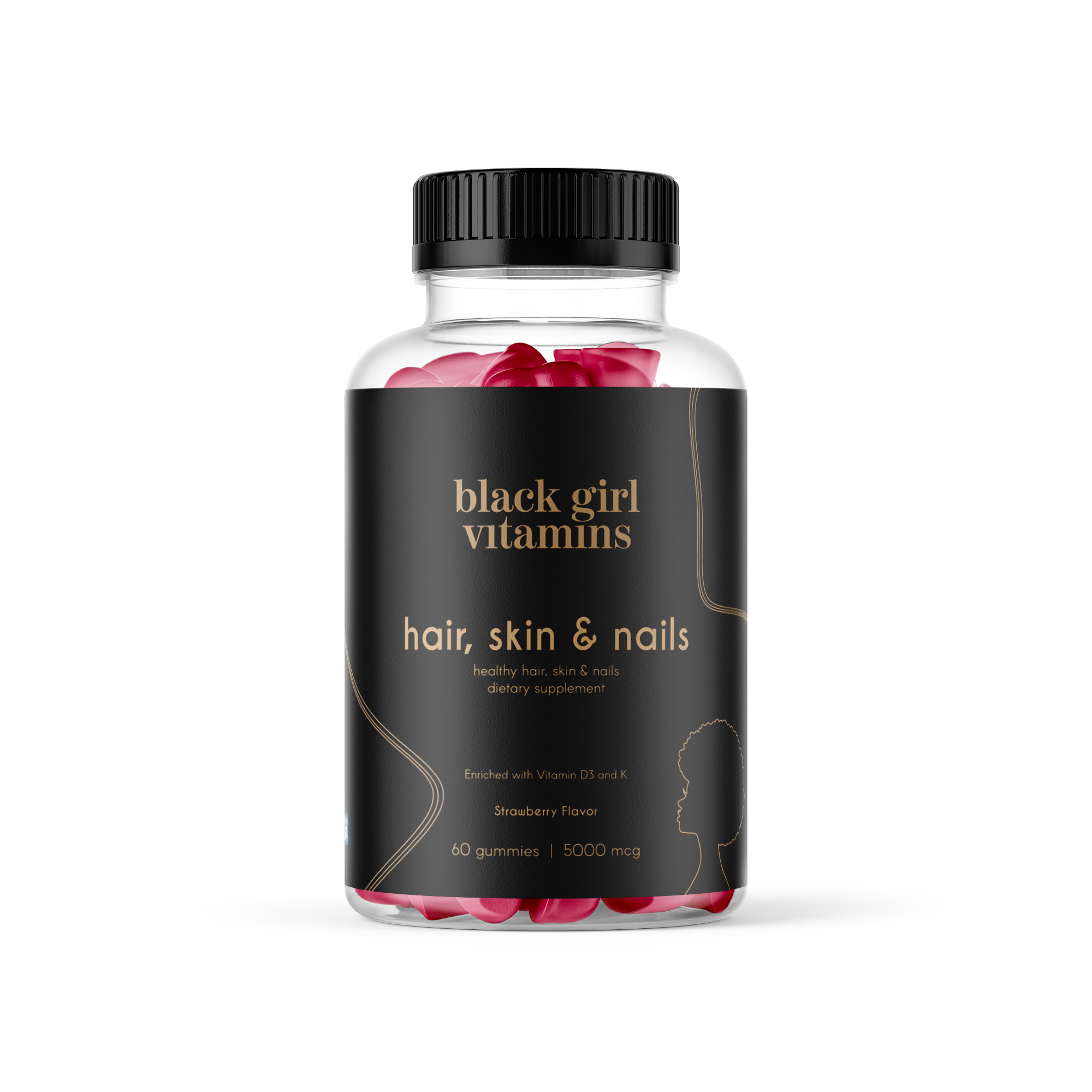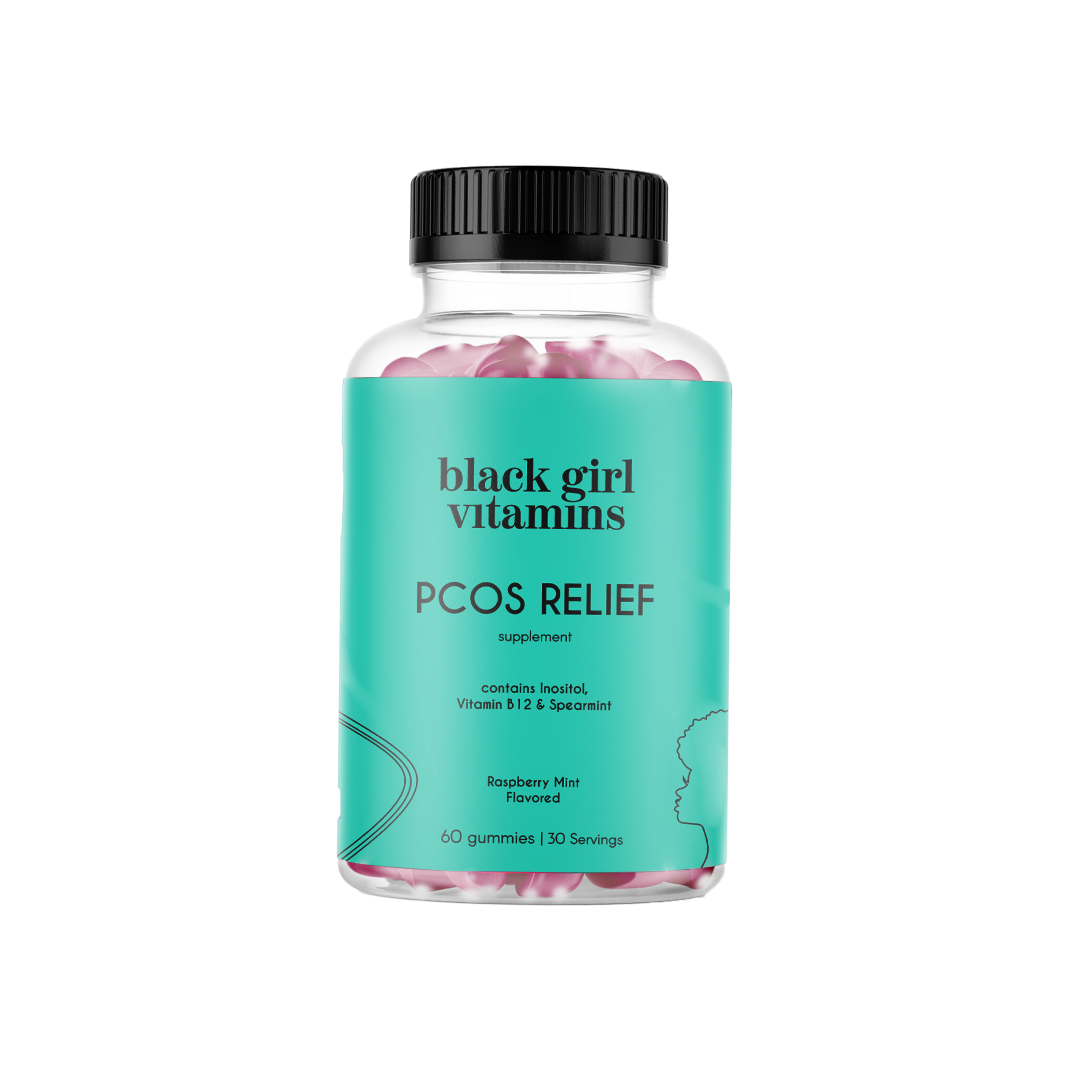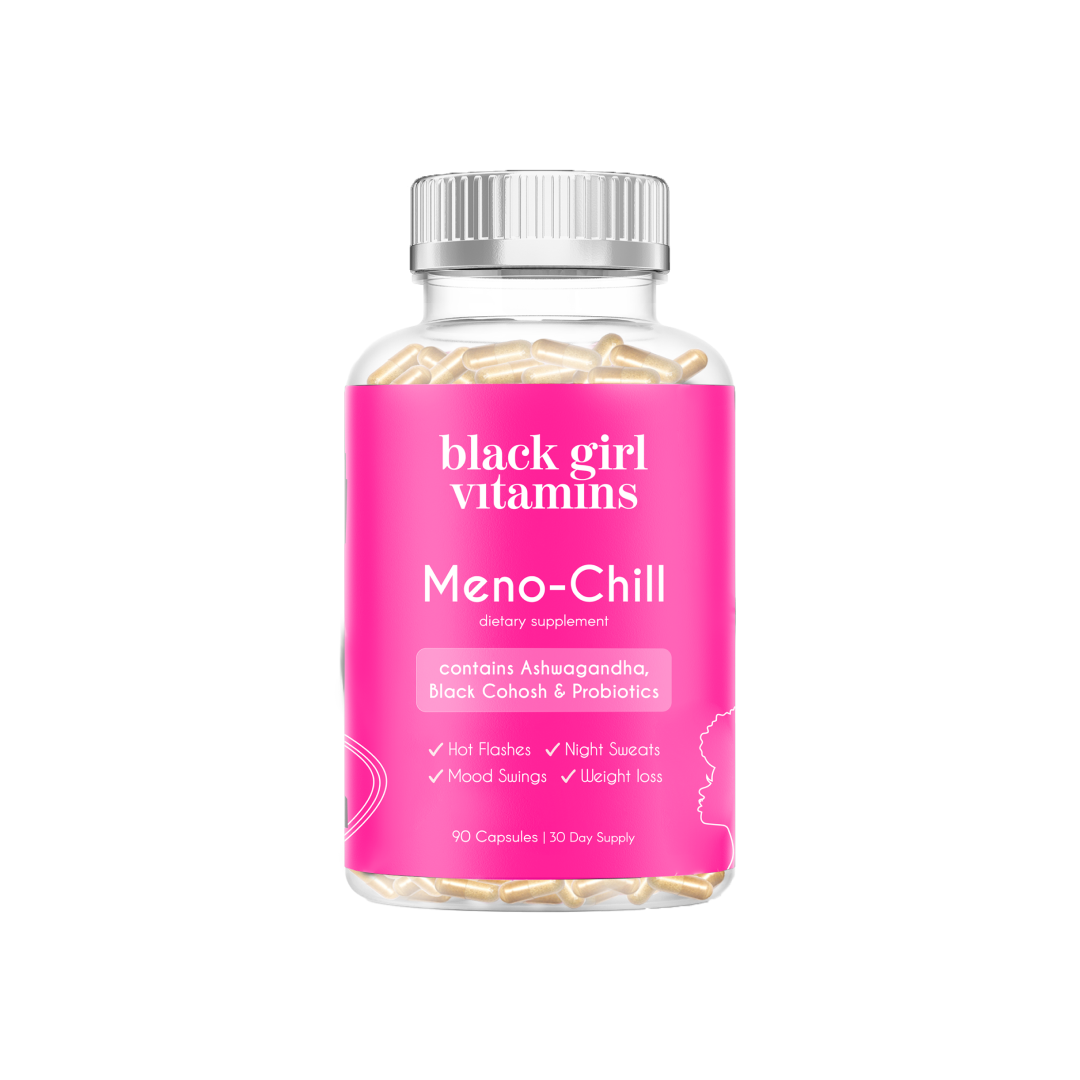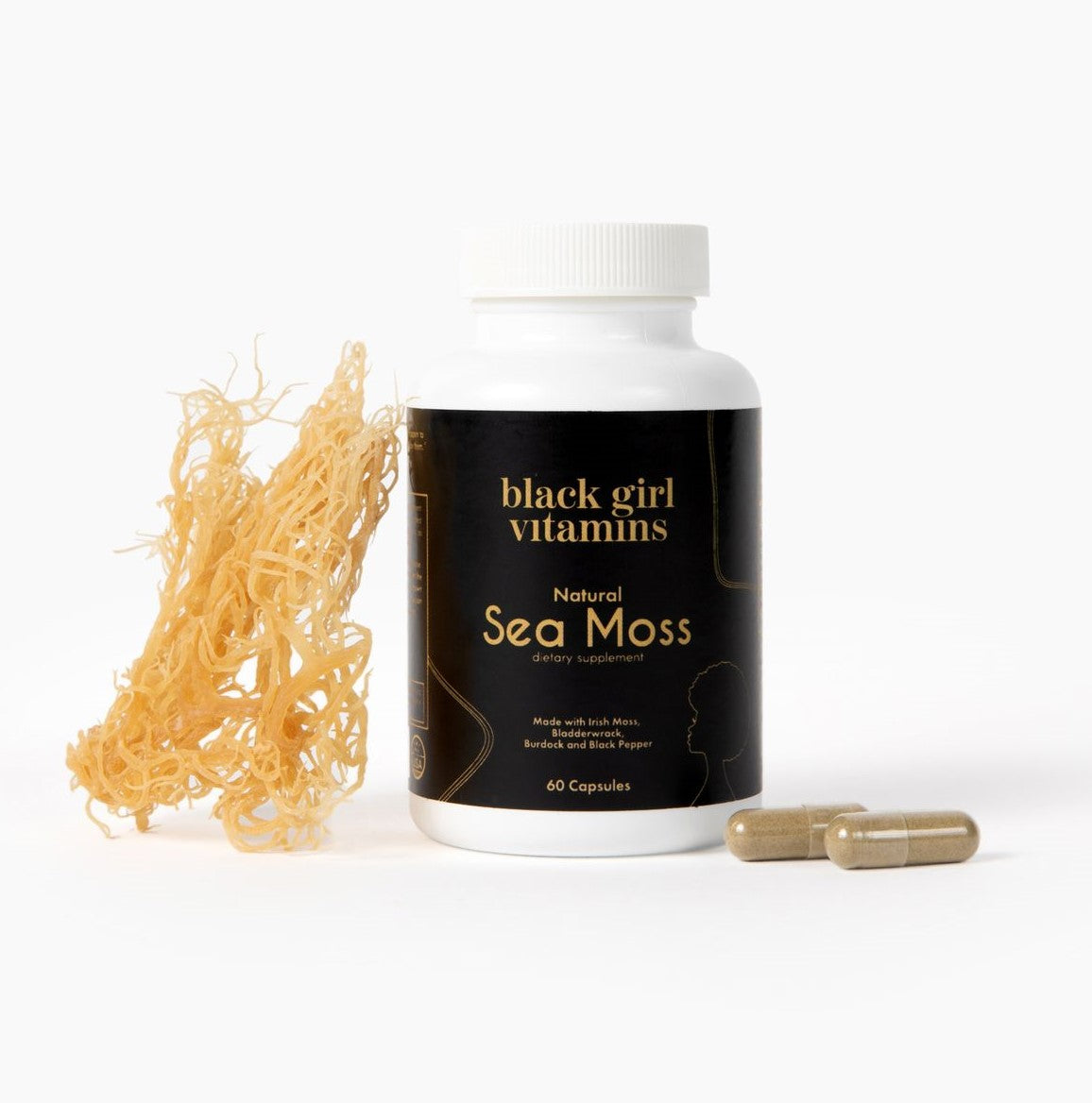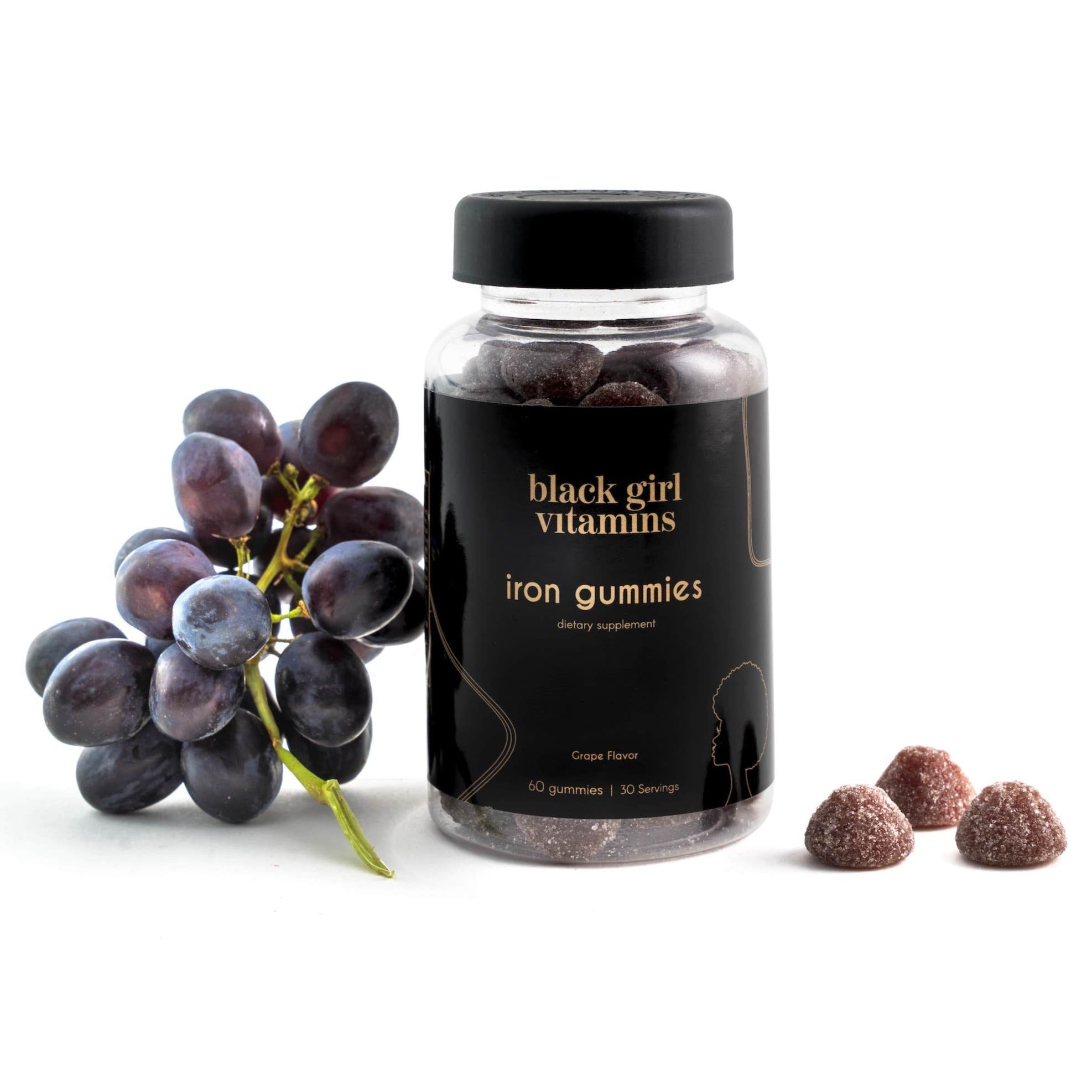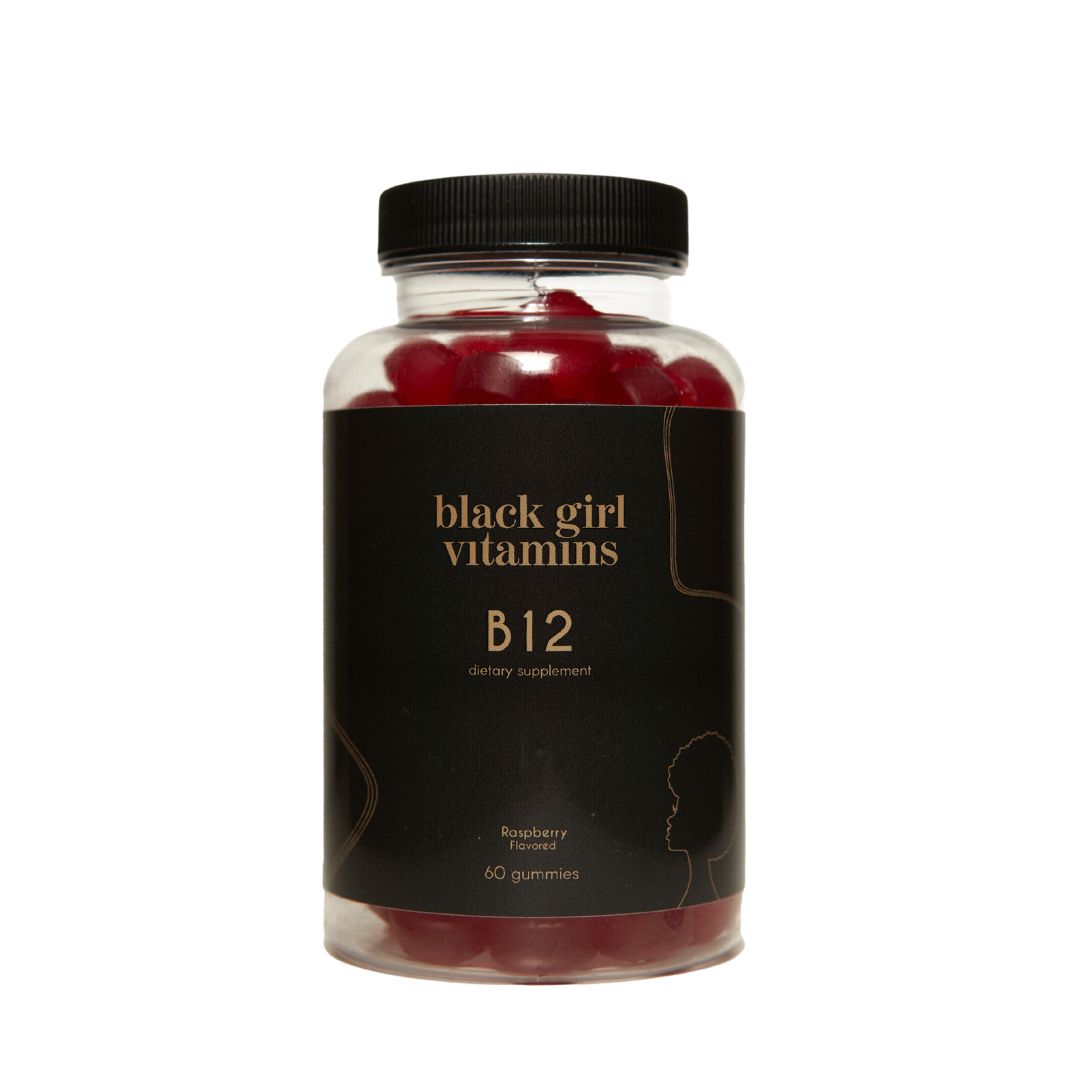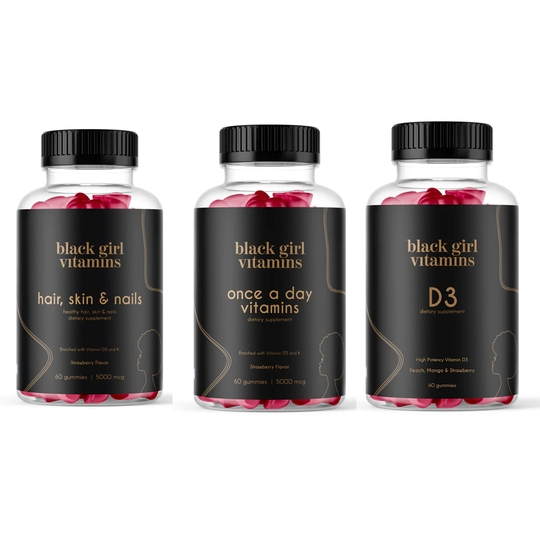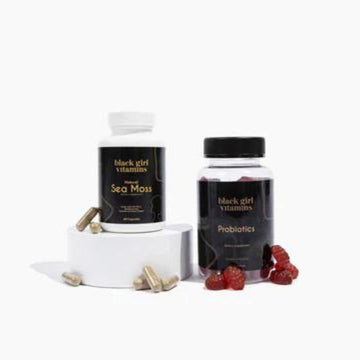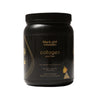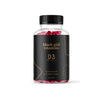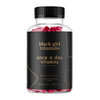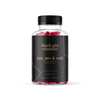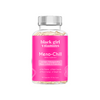Baobab: A Nutrient-Dense Superfruit with Powerful Health Benefits
The baobab tree (Adansonia digitata), native to parts of Africa, has been used for generations as a source of food and traditional medicine. Often referred to as the “Tree of Life,” the baobab is best known today for its fruit, which offers a wide range of nutritional benefits.
Packed with vitamin C, fiber, and antioxidants, baobab fruit powder is growing in popularity among health-conscious consumers—and for good reason. From supporting immune health and digestion to promoting a healthy gut and reducing oxidative stress, baobab is a natural and versatile addition to a balanced diet.
What is Baobab?
Baobab refers to several species of trees native to Africa, with Adansonia digitata being the most well-known. Its fruit, a hard-shelled pod filled with a dry, tangy pulp, has been traditionally used for food and medicine. Unlike many fruits, baobab naturally dries on the tree, making it easy to harvest, powder, and store with minimal processing—preserving its potent nutritional properties.
Known for its massive trunk and longevity—some trees live for over 1,000 years—the baobab is revered as a symbol of resilience and nourishment. It's no wonder this extraordinary tree is called the "Tree of Life."
1. Rich in Vitamin C: A Natural Immune Booster
One of baobab’s most celebrated benefits is its exceptional vitamin C content. In fact, baobab fruit contains up to six times more vitamin C than oranges, making it a powerful ally for:
-
Boosting immune system function
-
Enhancing iron absorption (especially important for plant-based diets)
-
Promoting collagen production for healthy skin, hair, and joints
-
Fighting fatigue and improving energy levels
Vitamin C is essential for protecting the body against infections and speeding up recovery during illness. Regular consumption of baobab powder can help strengthen your immune defenses naturally.
2. Prebiotic Fiber for Gut Health and Digestion
Baobab is not just high in fiber—it’s packed with prebiotic fiber, which fuels the good bacteria in your gut and supports a healthy microbiome. Just one tablespoon of baobab powder contains about 5 grams of dietary fiber, making it an excellent addition to digestive health protocols.
Benefits of baobab’s fiber content include:
-
Improved digestion and regularity
-
Enhanced nutrient absorption
-
Support for a balanced gut microbiome
-
Reduced bloating and gas
Prebiotics are crucial for feeding probiotic bacteria, which influence everything from mood and metabolism to immune function. Including baobab in your daily diet can be a simple yet powerful way to improve overall digestive wellness.
3. Packed with Antioxidants to Fight Inflammation
When it comes to antioxidant power, baobab ranks among the top superfoods in the world. It boasts an ORAC (Oxygen Radical Absorbance Capacity) score significantly higher than popular antioxidant-rich foods like blueberries, goji berries, and pomegranates.
What does this mean for your health?
Antioxidants help neutralize free radicals, which are unstable molecules that contribute to aging, inflammation, and chronic disease. Consuming antioxidant-rich foods like baobab can help:
-
Protect cells from oxidative stress
-
Reduce inflammation
-
Lower the risk of chronic conditions like heart disease and cancer
-
Support healthy aging and skin appearance
Incorporating baobab into your daily routine is a proactive step in reducing inflammation and supporting long-term vitality.
4. Baobab in Traditional Medicine and Culture
Long before it was labeled a superfood, baobab held a sacred place in African traditional medicine and folklore. For generations, various parts of the tree—leaves, bark, seeds, and fruit—have been used to:
-
Treat fevers and infections
-
Aid digestive issues
-
Reduce inflammation and joint pain
-
Support skin health
Communities often gather under baobab trees, using them as meeting places and symbols of community strength. This rich cultural significance reinforces baobab’s status as a spiritual and physical source of nourishment.
5. How to Use Baobab Powder in Your Daily Diet
One of the easiest ways to reap baobab’s health benefits is by using baobab fruit powder. With its pleasantly tangy, citrus-like flavor, it pairs well with a variety of foods and drinks. Here are some simple ideas:
-
Add to smoothies for a fiber and vitamin C boost
-
Stir into oatmeal or yogurt
-
Sprinkle over fruit bowls or salads
-
Mix into baking recipes like muffins, pancakes, or energy balls
-
Blend with water or juice for a refreshing superfood drink
Start with 1–2 teaspoons per day and gradually increase to 1 tablespoon, depending on your dietary needs.
6. Is Baobab Safe? Any Side Effects?
Baobab is generally safe and well-tolerated, especially when consumed in moderate amounts as part of a balanced diet. However, its high fiber content may cause digestive discomfort if introduced too quickly—especially for those new to high-fiber foods.
As with any supplement, it’s wise to:
-
Start small and increase gradually
-
Drink plenty of water
-
Consult with a healthcare provider if you have medical conditions or are pregnant/nursing
7. Where to Buy Baobab Powder
As demand for superfoods rises, baobab powder is becoming more accessible. Look for organic, sustainably sourced baobab powder from reputable brands. Make sure the product is non-GMO and additive-free to ensure you’re getting the purest form.
You can find baobab powder at:
-
Natural health food stores
-
Online retailers like Amazon
-
Wellness brands focused on African or plant-based nutrition
Final Thoughts: Why Baobab Deserves a Place in Your Pantry
Whether you’re looking to boost immunity, improve digestion, or add more antioxidants to your diet, baobab is a versatile, nutrient-dense superfruit that delivers real results. Backed by tradition and supported by science, this ancient African treasure is more than just a trend—it’s a time-tested source of nourishment and vitality.





